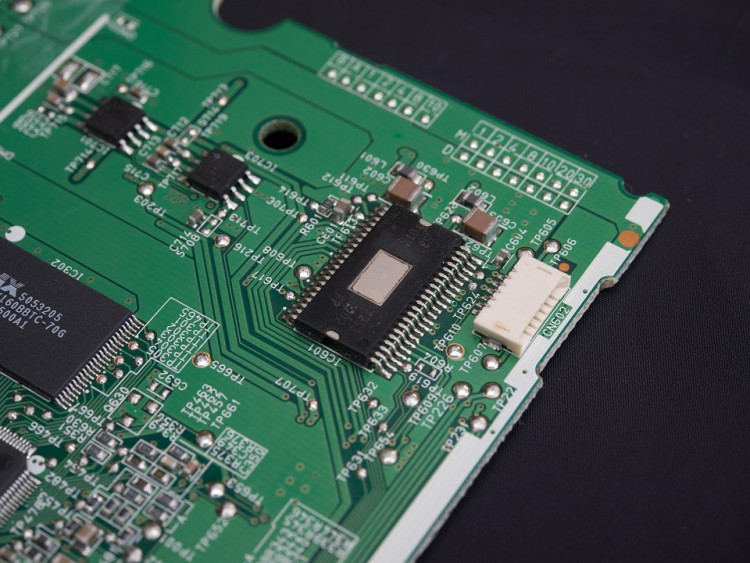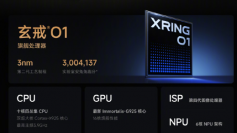The U.S. Commerce Department has revoked export licenses and imposed new restrictions on a wide range of goods bound for China, hitting chip design software providers such as Cadence, Synopsys, and Siemens EDA. The move threatens to disrupt the global semiconductor supply chain and inflames already tense U.S.-China trade relations.
The new restrictions affect shipments of electronic design automation (EDA) software, chemicals essential to semiconductor production, butane and ethane, machine tools, and aviation equipment, according to three people familiar with the matter. Several U.S. companies received letters in recent days notifying them that licenses to ship to Chinese customers were now required.
Cadence shares fell 10.7% Thursday, and Synopsys dropped 9.6% before both rebounded slightly in after-hours trading. Siemens said it is "assessing the impact of the new restrictions" and will provide updates once more clarity emerges.
Synopsys CEO Sassine Ghazi, speaking on a call with analysts, stated: "We are aware of the reporting and speculations, but Synopsys has not received a notice from BIS ... We have not received a letter."
The Commerce Department said it is "reviewing exports of strategic significance to China," and noted, "In some cases, Commerce has suspended existing export licenses or imposed additional license requirements while the review is pending."
Although not a full ban, the restrictions hit a critical choke point. The top U.S. software firms-Cadence, Synopsys, and Siemens-account for over 70% of China's EDA market, according to Chinese state media. Firms such as VeriSilicon, Zhuhai Jieli, and Brite Semiconductor depend on U.S. tools to develop chips.
The Financial Times and New York Times reported that jet engine technology and certain chemicals were also affected by the new export controls. These actions come as Washington and Beijing navigate a tenuous trade truce set to expire in August, during which tariffs on Chinese goods were temporarily lowered to 30%, and Beijing reduced duties on American imports to a minimum of 10%.
China's foreign ministry condemned the move, accusing the U.S. of "weaponizing tech and trade issues to shut out and persecute China." A spokesperson added, "There are no sanctions or pressure that can block the pace of China's development and progress."
Chinese alternatives such as Empyrean Technology and Primarius Technologies saw shares jump 17% and 20% respectively. In 2023, Huawei announced it had developed its own EDA tools capable of producing chips at the 14nm level or more advanced-an effort to mitigate reliance on U.S. suppliers after being sanctioned in 2019.
Synopsys, which derives 16% of its revenue from China, and Cadence, with roughly 12% exposure, face pressure to adapt amid calls for tighter export controls on strategic technologies.





